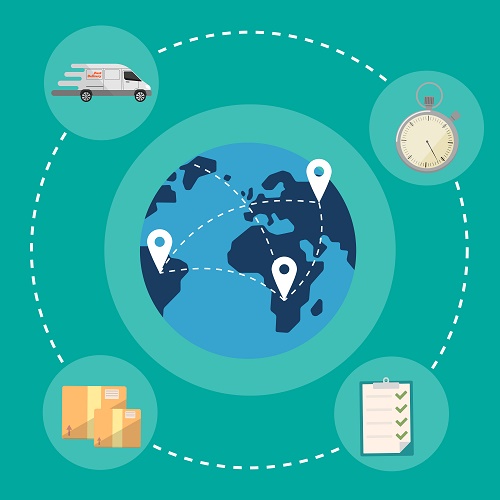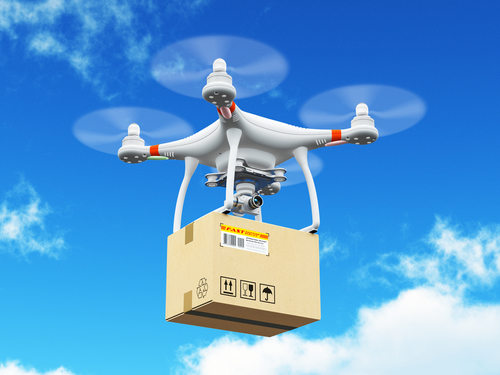How Can Logistics and Transportation Companies use Digital
Digital technologies have permeated and disrupted almost all sectors, and logistics companies are no exception.
Optimization and efficiency, combined with speed and seizing the moment are the keys to success in today’s highly competitive advantage. Technology is the key enabler allowing companies to realize these aspects.
Leveraging Technology for Strategic Planning
A report by transport and logistics analysts Oliver Wyman reveals transportation and logistics companies increasing revenue, yet having reduced profits, over a 10-year period, and come with the recommendation to “standardize and streamline structures and processes, developing industry oriented and innovative solutions, thinking and acting in terms of networks.” Technology is the key enabler in this regard.
On average, transportation companies invest about 5% of their annual revenues in digital operations, with the main focus on digitizing their customer interface. The thrust these days is especially on mobile apps and solutions, to offer a personalized experience for their customers, and track the movement of vehicles accurately. However, side-by-side companies are also increasingly using digital technology to unlock new business models, focused on the creation of value-added services and innovative solutions.
The Use of Big Data to Improve Operations
The need to cut cost and take real-time action, in a competitive environment where margins are wafer thin, require logistics companies to take greater control over their supply chain and ensure the processes take place seamlessly, at great speed. Towards such ends, logistics companies are increasingly applying Big Data technology, to capture and analyze data, to streamline their operations and optimize the supply chain.
Computers apply algorithms to crunch Big Data, unlocking insights and opportunities not possible before. Such insights enable streamlining operations and optimization of the supply chain.
- Data based automation, especially automated load building and optimizing the inbound and outbound movement of cargo, enable optimal usage of available resources, reduction of waste, and facilitate lean operations.
- Effective real-time fleet management solution facilitates “uberization” of trucks and other delivery vehicles, where empty containers may be utilized immediately by matching it to the nearest load. Mobile solutions enable greater transparency into the operations.
- A comprehensive data based inventory and supply chain management system unlocks silos, and facilitates end-to-end visibility to inventory, orders and shipments across the supply chain. Such transparency allows improved tracking of inventory movement, facilitates the reduction of network-wide inventory levels, and enable managers to respond dynamically and in real-time to any events or issues that disrupt or hinder the supply chain.
- Analytical data makes explicit greenhouse emissions and carbon footprints of truck and machinery operations, allowing companies to take steps to become carbon-neutral, thereby contributing to the cause of “Green logistics.”
- The combination of machine learning with supply chain management enables turning reams of passive data into actionable business intelligence. Logistics companies apply the wealth of data related to the movement of their goods and trucks to identify patterns related to customer trends, identify what works well, unearth market insights, and gain competitive advantage.
Digital Improves Security
Supply chain disruption is the number one global business risk for logistics companies. Technology enables fortifying the supply chain in many ways.
- Digital locks make the inventory more secure, offer a robust layer of security, in addition to physical security.
- Optimal route planning, combined with real-time tracking of cargo movement through mobile apps enable routing of cargo by avoiding congestion points and trouble spots, to minimize risks and interruption.
Internet of Things (IoT) Enhances Operations
The earliest applications of RFID and nascent IoT technology have been in asset tracking and warehouse management. For instance, rather than simply tracking inventory of pallets and crates, enterprises use sensors, beacons, RFID and other technology to gather information on the state of the connected item, such as when the “thing” requires maintenance, the expected life of the “thing,” and more.
IoT contributes to highly integrated warehouse management solutions, enabling precision movement and accurate tracking of movement of goods. The applications of IoT instruments in logistics are virtually endless, ranging from tracking transportation goods in a temperature controlled way to ensuring the correct package reaches the correct location at the specified time and more.
The trends in the immediate future include connected and ‘autonomous’ trucks, warehouse robotics, and smart warehouse solutions, all of which will improve efficiency manifold, speed up operations, and improve accuracy.
Technological Innovations Unlock New Possibilities
Logistics companies use technology not just to improve efficiency of operations, but also transform the way operations take place in itself. The use of robots in large warehouses, and to handle hazardous goods is already widespread, as is the driverless, remote-controlled vehicles.
The next big thing is the use of drones, especially for last mile delivery. The U.S. Government is already piloting a drone-based traffic monitoring system. Countries such as Spain, France, and The Czech Republic and others have several research projects looking into the use of drones for traffic management. The widespread use of drones would speed up things considerably, reduce the hassles, strain and inefficiency associated with maintaining an army of delivery boys, and also reduce costs considerably.
A start has already been made, with Amazon Prime Air already making legit deliveries using drones, in less than 30 minutes from the time customers place an order. When the technology becomes widespread, logistics will change like never before.
Improved Customer Satisfaction
Proactive transportation and logistics companies go beyond improving their operational efficiency and retaining greater control over their operations, to enhance customer satisfaction.
Technology propels a shift to a customer obsessed operating model, enabling the delivery of personalized and customer-focused logistics, with faster cycle times.
Hyper-connectivity facilitates not just big data, but also speed data. Speed and timeliness, manifesting in seizing the moment enable companies to match customer expectations and deliver competitive differentiation over its competitors.
It requires considerable expertise in both business operations and the latest cutting edge technology to roll out successful technological solutions acceptable by the rank and file. By partnering with us, you can piggy-bank on our vast and extensive experience in delivering highly intuitive apps and other solutions for transportation and logistics firms. Our rich talent pool, combined with extensive experience allow us to add value to your strategy, and roll out seamless apps that make your processes highly efficient, allowing you to cut costs, unlock new possibilities, and take customer satisfaction to new levels.
Stay up to date on what's new

Recommended Posts
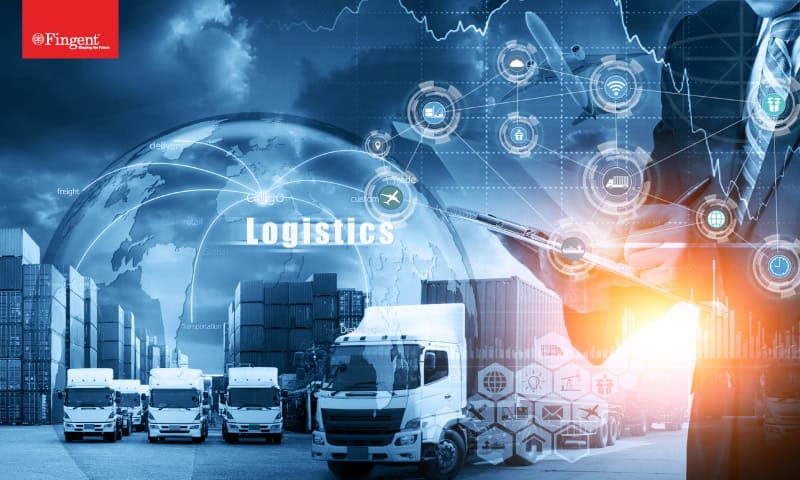
15 Apr 2025 Logistics
Cloud Based Logistics Platforms: The Key to More Intelligent & Faster Supply Chain
Can Cloud based Logistics Platforms help you? The logistics game is changing fast! The industry is under immense pressure to improve its efficiency and reduce costs. That is its one……
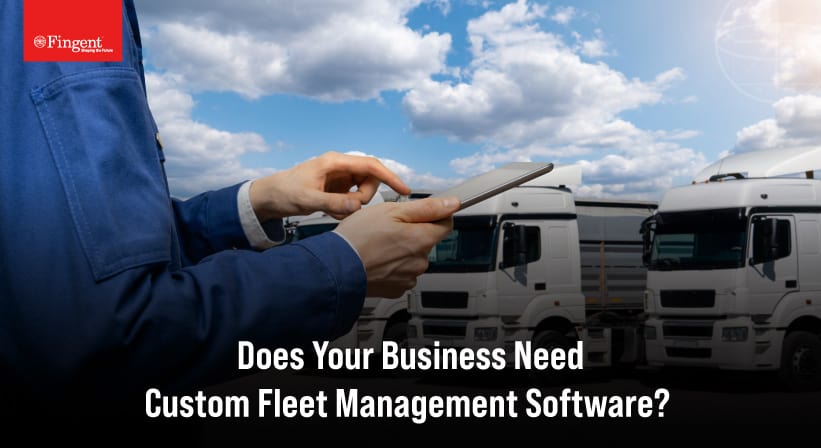
25 Jan 2024 Logistics B2B
The Manifold Benefits of Custom Fleet Management Software in Supply Chain
Cost, Compliance, Efficiency, and Manpower – These are the pillars on which a fleet management business stands. A compromise on any of these can mean the whole business topples with……
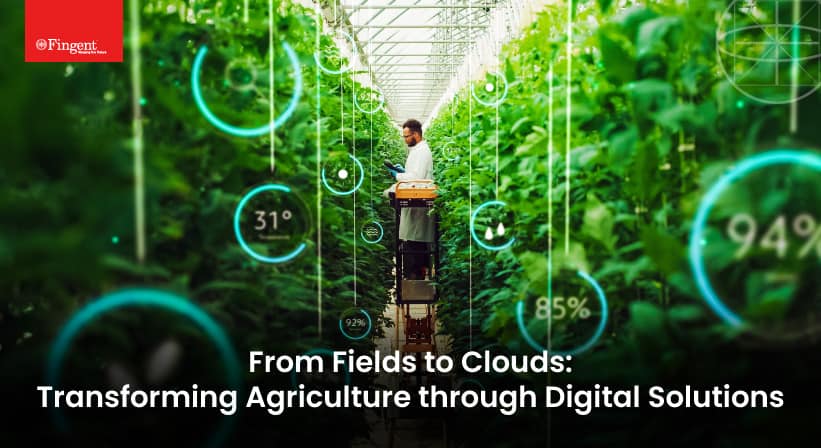
20 Dec 2023 B2B
Driving Smart and Sustainable Agriculture with Customized Technology!
As the world grapples with the challenges of climate change, soil degradation, and resource scarcity, agricultural organizations find themselves at a critical juncture. The urgency for adopting sustainable farming practices,……
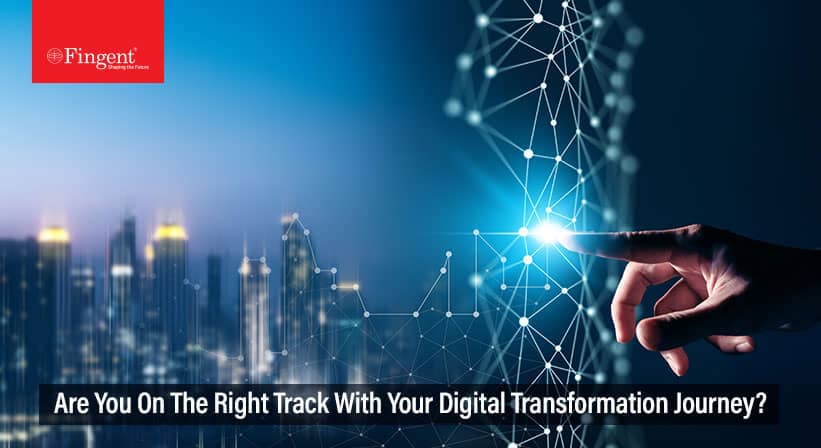
10 Nov 2023 B2B
Is Your Digital Transformation Initiative Really Working?
To reiterate John F. Kennedy, “Change is the law of life, and those who look only to the past or present are certain to miss the future.” The digital world……
Featured Blogs
Stay up to date on
what's new




